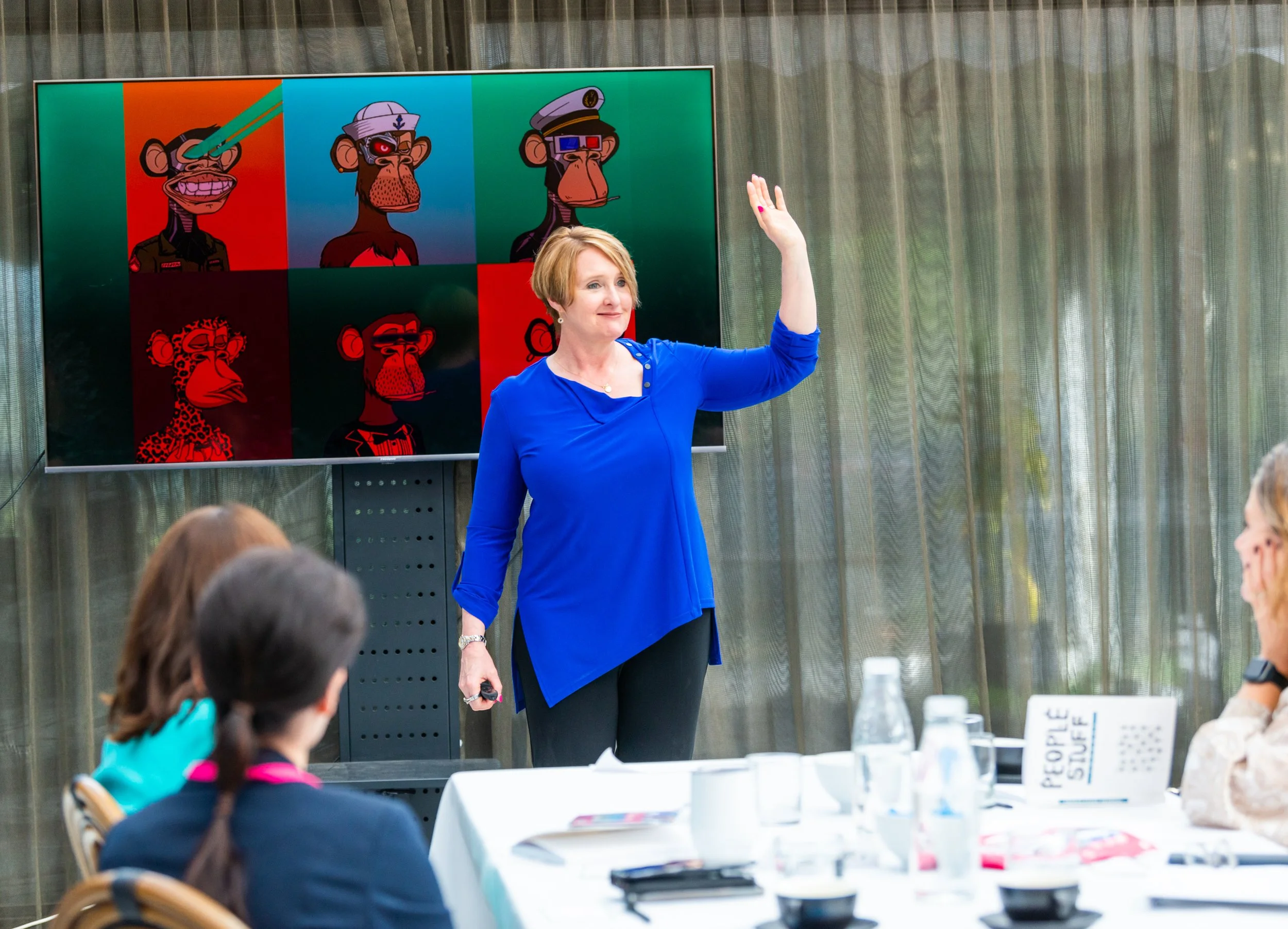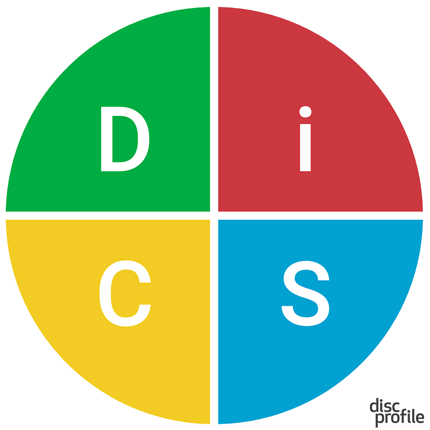Diagnostic Tools
These are the diagnostic tools we use to support leadership and team development
We use four main diagnostic tools to assist with leadership and team development.
DiSC®: For building better team dynamics and performance
DiSC® is a behaviour profiling tool. It looks at how people like to work and maps this against an easy to use model.
What's useful about it:
It shows what the strengths and weaknesses of a team are and what to do about it so the team works better and is more productive.
It explains why we get along with some and not with others, and troubleshoots conflict in an easy, non-emotive way.
It gives people a language to use in describing behaviour (instead of blaming personality conflicts and creating real conflict problems).
We can map team and organisational culture, as well as look at inter-team dynamics and what to do to improve these.
Essentially it helps people get to know each other better, how to build better working relationships, and how to build more productive teams as a result.
A team debrief and workshop follows the individual and team profile reports.
Complete Values Profile (CVP): For individuals and teams to map their capabilities
This is an extensive tool that maps an individual's and team's suite of values and operating paradigms against multiple sub-domains. Many of the tensions that occur in teams, and are mistakenly thought to be due to personality clashes, are actually the result of differences in value systems.
The Complete Values Profile (CVP) questionnaire precisely defines which of the eight value systems an individual leader, team, division or organisation operates from. From here we can map individual and team development pathways for improved performance.
A team debrief and workshop follows the individual and team profile reports.
Leadership Maturity Framework (LMF): For individual leaders who want a personalised developmental plan
This profile helps us understand both current leadership capability (horizontal development) as well as how we might expand leadership capacity (vertical development). Capacity is developed through our sense-making of the world: how we see and navigate an ever more complex and interconnected world.
Bringing the context of the Leadership Maturity Framework and the practices and distinctions of vertical development to the work of leadership and organisational development is one of the most powerful mechanisms available to nurturing individual, team and organisational maturity.
The Leadership Maturity Framework offers critical new insights into human behaviour and human development. It describes the unfolding of human potential through nine stages towards deeper understanding, wisdom and effectiveness in the workplace and in the world.
A 1:1 coaching debrief follows the report.
SQ21™: Advanced Emotional Intelligence for Individual Leaders
Based on the work of leadership luminary Cindy Wigglesworth, this profile identifies the emotional mastery and acuity in 21 different domains. It is a four-part review of the leader's multiple intelligences for leadership. Leaders are then able to craft a personalised development plan to become more centered, compassionate, and wise in their day to day leadership.
A 1:1 coaching debrief follows the report.



